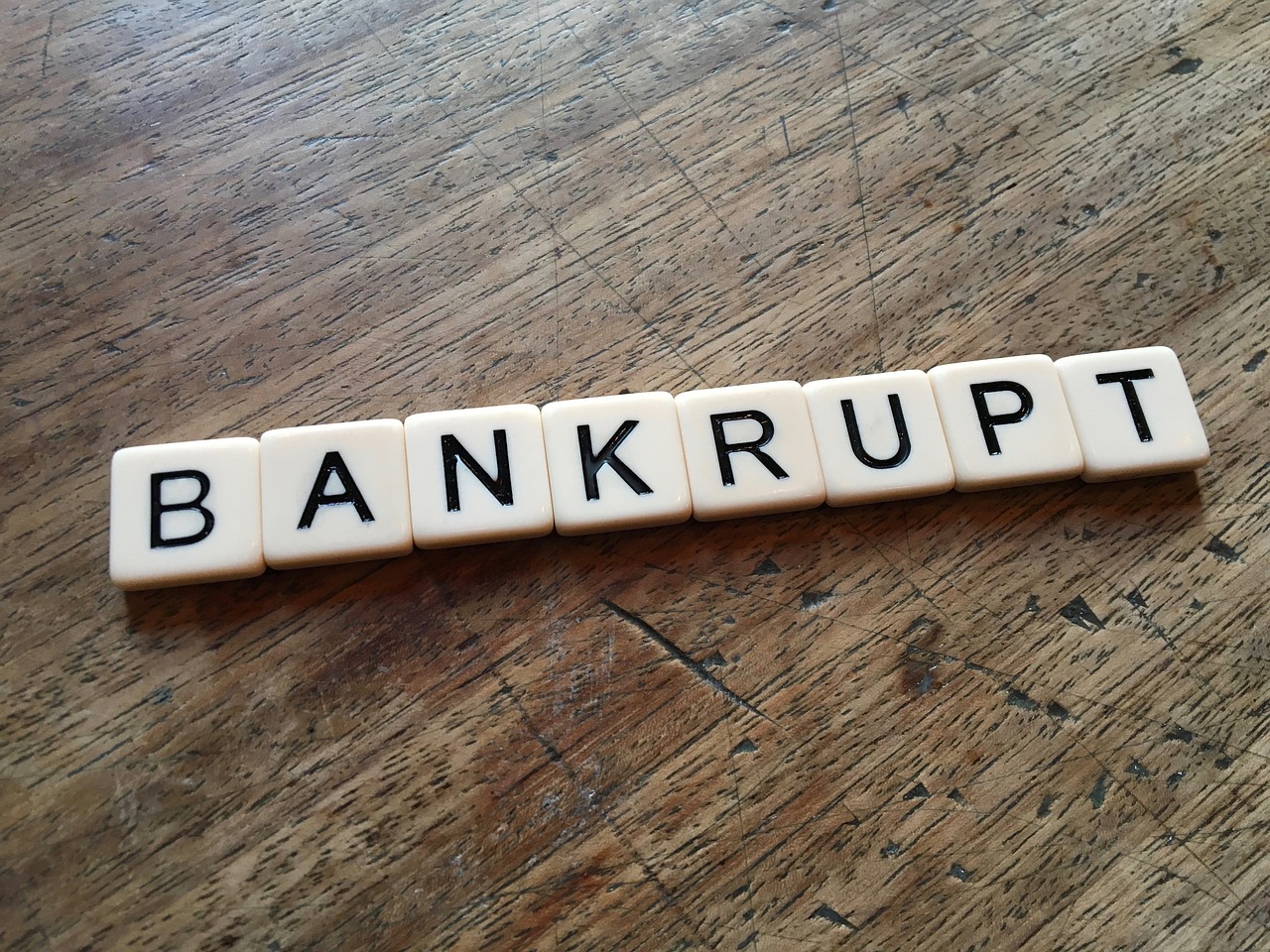Here goes another one. Crypto investors beware!
As the crypto industry continues to grow, so do the number of new investors. With growth comes new risks, one of which we are seeing now is the recent bankruptcy filing of FTX. And, every new crypto investor should pay attention and take heed of the lessons.
FTX is a major cryptocurrency exchange and its sudden fall comes as a surprise to many in the industry, as FTX was one of the most popular exchanges in recent years.
FTX announced on Twitter on November 11 that the three firms and some 130 other affiliated companies had filed for Chapter 11 bankruptcy “in order to begin an orderly process to review and monetize assets for the benefit of all global stakeholders.”
The new CEO, John J. Ray III, who has experience managing the collapses of Enron and subprime mortgage lender ResCap, assured “every employee, customer, creditor, contract party, stockholder, investor, governmental authority, and other stakeholder that we are going to conduct this effort with diligence, thoroughness, and transparency,” according to the New York Times.
This is a major blow to the cryptocurrency industry, as FTX was one of the most popular exchanges. Many retail investors will probably lose a lot of money due to this bankruptcy.
FTX‘s problems began with a CoinDesk story revealing that the majority of Alameda’s assets were FTT tokens issued by its sister exchange. In just a matter of days after, its liquidity ran out and customers demanded withdrawals. In addition, rival exchange Binance backed out of its acquisition of the company.
The exchange’s debts are said to be worth up to $8 billion. Alameda Research’s liabilities, according to the Chapter 11 bankruptcy filing, could range between $10 billion and $50 billion.
This just serves as a reminder to cryptocurrency investors to treat centralized exchanges (like FTX) as ATMs rather than banks. This means you should only use them to convert fiat currency to cryptocurrency. DO NOT entrust your cryptocurrencies to them.
With cryptocurrency, YOU should be the bank. If you keep your cryptocurrencies on an exchange, you give them the power, which is why we see so many problems as they enjoy playing with YOUR money.
As the saying goes: Not your keys, Not your crypto.
What do you think? Who will be next? Hopefully, this is the last one.
